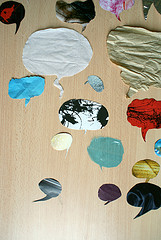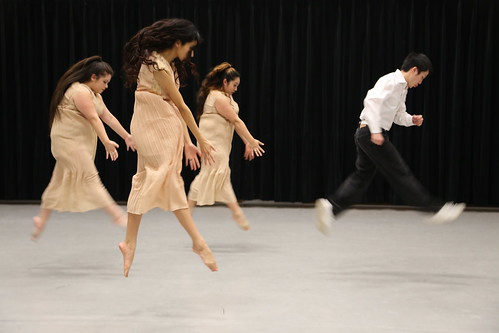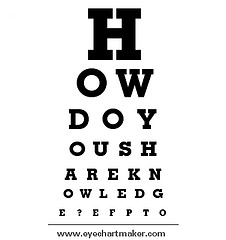Anyone who teaches knows that, in a given class, there are students who talk readily and others who don’t.
As a way to “hear” the thoughts of those who don’t normally speak out loud, and as a means to find out what students were thinking about a topic/concept that I had introduced the class before, I decided to try an activity called the “Silent Socratic Dialogue”, which is based, of course on the Socratic Method.
In many resources on teaching and learning in higher education, you will find reference to The Socratic Method. Variously defined, this description works well for me:
“In the Socratic method, the classroom experience is a shared dialogue between teacher and students in which both are responsible for pushing the dialogue forward through questioning. The “teacher,” or leader of the dialogue, asks probing questions in an effort to expose the values and beliefs which frame and support the thoughts and statements of the participants in the inquiry. The students ask questions as well, both of the teacher and each other.” (Stanford’s “Speaking of Teaching” Newsletter, 2003. Theme issue on Socratic Method)
Silent Socratic Dialogue is a variation of the Socratic Method (also called Socratic Dialogue) in that the activity happens in silence (surprise, surprise!). In my teaching, I used this activity because I wanted to:
(1) ‘Hear’ what students were thinking/wondering about a topic that had been introduced the previous class and which I thought might have spurred curiousity, frustration, doubt….or??
(2) Give students the chance to express their thoughts individually; and
(3) Provide the opportunity for some dialogue, but not in the forum of a large or small group discussion.
I conducted this activity as follows:
- I introduced the activity and explained the process. See here.
- I asked each student to spend 3-4 minutes reflecting on a topic that had been introduced last class. Students hand-wrote their reflections on a piece of paper and also wrote their name on their paper.
- Students switched papers and read their partner’s reflections. Then, each ‘reader’ posed a question that asked the writer to clarify or expand on their response. The idea here was to probe in ways that would help both students gain further understanding of their assumptions, beliefs or values with respect to the topic. Responders also wrote their names on the paper.
- Repeat for a few cycles.
- Papers with responses were turned into me.
I found the reflections and responses illuminating because they gave me a sense of what students were thinking/feeling/wondering in regards to the concept that had been introduced the previous class. The written dialogue showed me the variations of interpretations and also the remaining questions. I was able to address several of these (without making reference to any particular student) in future classes.
Additional references on Silent Socratic Dialogue:
Silent Socratic Dialog (Teaching Strategies for Learner-Centered Classroom) (PDF)
The Silent Socratic Dialogue by “On Course Workshop”
Using Socratic Dialogue in online teaching (YouTube video)
Photo Credit, Flickr Creative Commons: Marc Wathieu https: //flickr/p/5uiaEu



